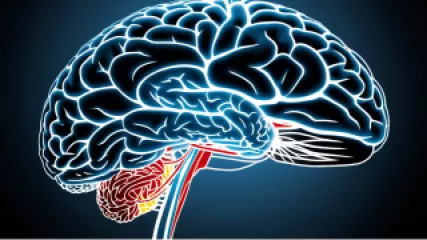Expert Insights: Overcoming Guilt with Online Guidance
1 year ago
Resolving Guilt
Understanding the Psychology of Overcoming Superstitions
1 year ago
Psychology Behind Superstitions
How to Overcome Guilt with Virtual Therapy
1 year ago
Resolving Guilt
Why Developing Body Language Awareness is Crucial
1 year ago
Body Language Basics
Effective Strategies for Coping with Chronic Illness
1 year ago
Coping with Chronic Illness
10 Questions to Ask When Raising Children
1 year ago
Parenting Tips
My Journey to Building Healthy Relationships
1 year ago
Building Healthy Relationships
Cultivating Environmental Mindfulness: A Step-by-Step Guide
1 year ago
Psychology of Sustainability
The Best Wellness Coaching Strategies for Personal Development
1 year ago
Wellness Coaching
Unleashing Cognitive Flexibility: The Ultimate Guide
1 year ago
Cognitive Flexibility
My Wellness Coaching Journey: Transforming Mind and Body
1 year ago
Wellness Coaching
The Top 10 Proven Strategies for Cognitive Flexibility
1 year ago
Cognitive Flexibility
Embracing Cognitive Flexibility: A Cognitive Scientist's Perspective
1 year ago
Cognitive Flexibility
The Ultimate Guide to Wellness Coaching for Mental Health
1 year ago
Wellness Coaching
Learning Nonverbal Communication Skills from Popular Movies
1 year ago
Body Language Basics















